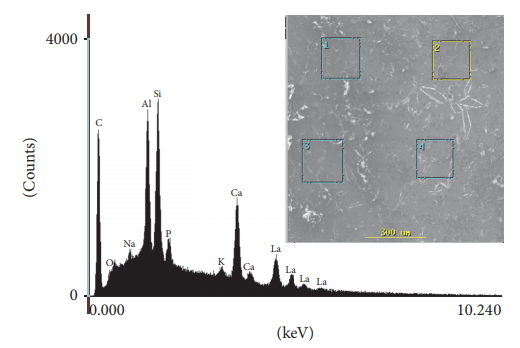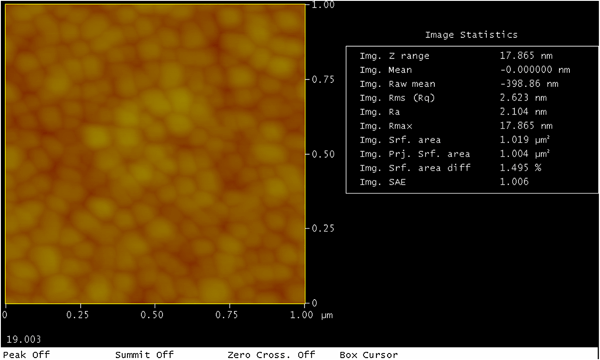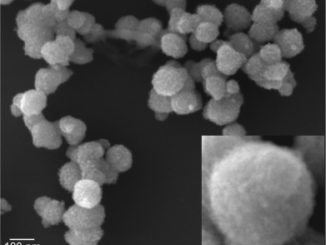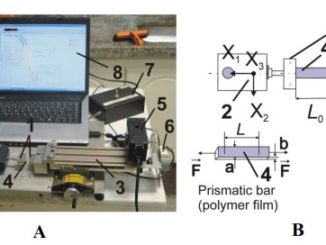
Novel Nanotechnology of TiO2 Improves Physical-Chemical and Biological Properties of Glass Ionomer Cement
Abstract: The aim of this study was to assess the performance of glass ionomer cement (GIC) added with TiO2 nanotubes. TiO2 nanotubes [3%, 5%, and 7%(w/w)] were incorporated into GIC’s (Ketac Molar EasyMix (TM)) powder component, whereas unblended powder was used as control. Physical-chemical-biological analysis included energy dispersive spectroscopy (EDS), surface roughness (SR), Knoop hardness (SH), fluoride-releasing analysis, cytotoxicity, cell morphology, and extracellular matrix (ECM) composition. Parametric or nonparametric ANOVA were used for statistical comparisons (alpha <= 0.05). Data analysis revealed that EDS only detected Ti at the 5% and 7% groups and that GIC’s physical-chemical properties were significantly improved by the addition of 5% TiO2 as compared to 3% and GIC alone. Furthermore, regardless of TiO2 concentration, no significant effect was found on SR, whereas GIC-containing 7% TiO2 presented decreased SH values. Fluoride release lasted longer for the 5% and 7% TiO2 groups, and cell morphology/spreading and ECM composition were found to be positively affected by TiO2 at 5%. In conclusion, in the current study, nanotechnology incorporated in GIC affected ECM composition and was important for the superior microhardness and fluoride release, suggesting its potential for higher stress-bearing site restorations.
Author(s): ibim, DD; Saito, MT; Giovani, PA; Borges, AFS; Pecorari, VGA; Gomes, OP; Lisboa, PN; Nociti, FH; Puppin-Rontani, RM; Kantovitz, KR
INTERNATIONAL JOURNAL OF BIOMATERIALS
Published: 2017
DOI: 10.1155/2017/7123919




